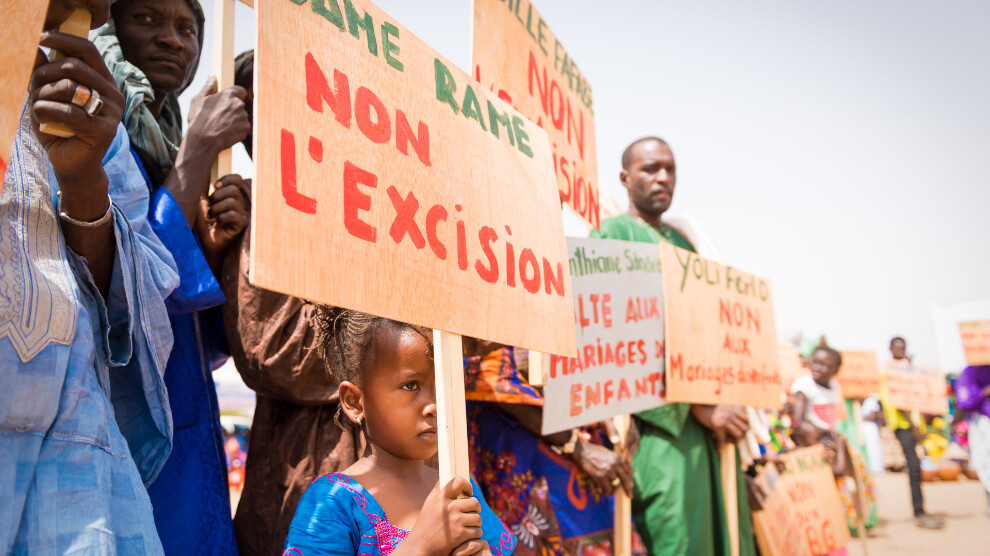UNICEF: Over 230 million girls and women worldwide have undergone FGM
Over 230 million girls and women alive today have undergone female genital mutilation (FGM), according to a newly released UNICEF report.

News Center- United Nations Children's Fund (UNICEF) has released a report on female genital mutilation (FGM) on International Women’s Day.
The data shows that the pace of progress to end FGM remains slow, lagging behind population growth, especially in places where FGM is most common, and far off-pace to meet the UN’s Sustainable Development Goal to eliminate the practice. The global pace of decline would need to be 27 times faster to end the practice by 2030.
Over 230 million girls and women alive today have undergone FGM, a 15 per cent increase, or 30 million more girls and women, compared to the data released eight years ago, the report said. “The largest share of the global burden is found in African countries, with over 144 million cases, followed by over 80 million in Asia and over 6 million in the Middle East. FGM is also practiced in small, isolated communities and among diasporas globally.”
Some hopeful news
The rapid population growth in countries where FGM is practiced presents a considerable challenge, highlighting the need for increased prevention efforts to safeguard a growing population at risk. Despite this, the report illustrates some hopeful news, revealing significant strides in combating FGM in some countries, with half of the progress of the past 30 years achieved in the past decade alone. Country examples include Kenya, declining from moderate to low prevalence; Sierra Leone, dropping from high to moderately high prevalence; and Egypt, beginning to decline from a previously near-universal level.
“Female genital mutilation harms girls' bodies, dims their futures, and endangers their lives,” said UNICEF Executive Director Catherine Russell. “We’re also seeing a worrying trend that more girls are subjected to the practice at younger ages, many before their fifth birthday. That further reduces the window to intervene. We need to strengthen the efforts of ending this harmful practice.”
